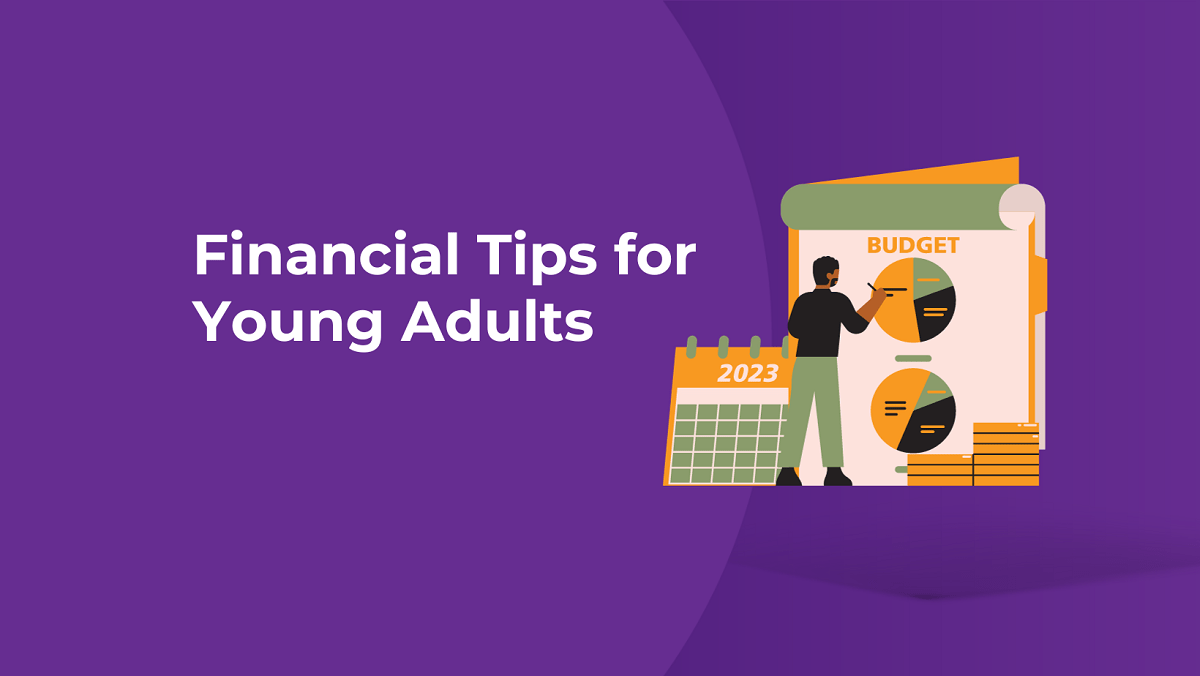As a young professional stepping into the workforce, managing your finances effectively is crucial for long-term success and stability. Here are ten essential finance tips tailored for young professionals to help you build a solid financial foundation and achieve your financial goals.
1. Create and Stick to a Budget
The first step in financial management is creating a budget. Track your income and expenses to understand your spending habits. Utilize budgeting apps or tools to categorize your expenses and ensure you are living within your means. Regularly review and adjust your budget to keep it aligned with your financial goals.
2. Build an Emergency Fund
An emergency fund is essential for financial security. Aim to save three to six months’ worth of living expenses in a separate savings account. This fund will provide a financial cushion in case of unexpected expenses, such as medical bills or car repairs, and prevent you from going into debt.
3. Start Saving for Retirement Early
Starting early with retirement savings can have a significant impact due to compound interest. Contribute to retirement accounts like a 401(k) or IRA, and take advantage of employer matching contributions. The earlier you begin saving, the more your investments can grow over time.
4. Manage and Reduce Debt
Effective debt management is key to maintaining financial health. Prioritize paying off high-interest debts, such as credit card balances, and use strategies like the debt snowball or avalanche methods to systematically reduce your debt. Avoid accumulating new debt and practice responsible credit use.
5. Build and Maintain a Strong Credit Score
A good credit score is important for obtaining favorable loan terms and interest rates. Regularly check your credit report for inaccuracies and pay your bills on time. Keep your credit utilization low and avoid opening too many new credit accounts in a short period.
6. Start Investing Early
Investing early can help you build wealth over time. Learn the basics of investing and start by diversifying your investments across various asset classes, such as stocks, bonds, and mutual funds. Utilize investment accounts like brokerage accounts or retirement plans to grow your wealth.
7. Plan for Taxes
Effective tax planning can help you maximize deductions and credits. Keep detailed records of your income and expenses and consult with a tax professional to ensure you’re taking advantage of all available tax benefits. Proper tax planning can reduce your tax liability and increase your savings.
8. Set and Review Financial Goals
Setting clear financial goals helps you stay focused and motivated. Whether you’re saving for a major purchase, paying off debt, or building an investment portfolio, having specific goals allows you to create a plan and track your progress. Regularly review and adjust your goals as needed.
9. Educate Yourself About Personal Finance
Investing time in personal finance education can greatly benefit your financial health. Read books, take online courses, and follow reputable financial blogs to enhance your financial knowledge. Understanding key concepts like budgeting, investing, and debt management will empower you to make informed financial decisions.
10. Live Within Your Means
Living within your means is fundamental to financial stability. Avoid overspending and prioritize saving and investing over indulging in unnecessary expenses. Practice mindful spending and make financial decisions that align with your long-term goals.
By following these essential finance tips, young professionals can establish a solid financial foundation and work towards achieving their financial objectives. Implementing these strategies will help you manage your money effectively and set the stage for a secure and prosperous future.









